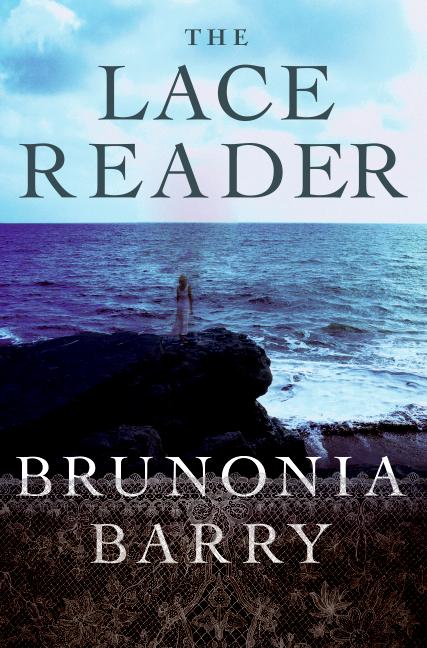If You Were Here - Jen Lancaster
2011
So I'm getting behind on reviews and I didn't really like this book, so I'm not going to spend too much time on it.
Okay, it's supposed to be a comedy--that's why I picked it up. I was hoping for something along the lines of The Cursing Mommy's Book of Days to help me de-stress. I can make allowances for mediocre writing and I can make allowances for ridiculousness, if it makes me laugh. Because at the end of the day, all I want to do is laugh.
This book did not make me laugh.
All right, I may have chuckled here or there, but the laughter-to-terrible-writing ratio was way off. For one thing, Lancaster relies on a lot of pop culture references that I did not understand because I was born in the 90s. Okay, I suppose that's not entirely her fault because there is such a thing as DVDs and at any point in my twenty-some years on this planet I could have rented and watched Sixteen Candles. But I didn't, so it's a moot point. Also, she kept peppering in these footnotes which I guess is a sort of a trademark from her memoir books, but to be honest I found them mostly pointless. Half of them would flow better as parentheticlas or even with commas, and the other half really didn't need to be there.
With comedies we generally tend to suspend our disbelief because we know it's not supposed to be necessarily realistic; it's about exaggerations or being silly.The thing is, I feel like if you're going to go all-out ridiculous, it has to be, well, all-out. Otherwise, it has to remain within some realm of possibility. This book seemed to be stuck in between--it felt too unrealistic to enjoy, but not unrealistic enough to sort of kick back and forget about real life. And even if your story is going to be completely absurd, the pacing still has to follow some sort of consistency. This book proved to be yet another example of the quick-fix-I'm-out-of-time-let's-just-slap-something-stupid-together ending.
From some of the other reviews I've read, apparently Lancaster does a poor job of disguising the main character, Mia, as someone other than herself--the same follows for her husband and friends. Which makes me think that Lancaster isn't capable of creating original characters. To be fair, not having read any of Lancaster's memoirs, I can't say for sure. However, I've skimmed the first couple pages of a few of them and so far it all adds up. Also, I will not be reading any more of her books because she comes off rather very egotistical and kind of bratty. I can tolerate Mia because she's a (supposedly) fictional character, but as a real person...not so much.
1.5/5 Fancies











